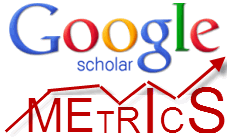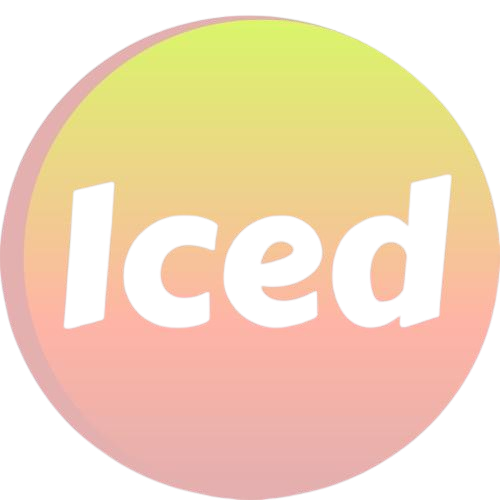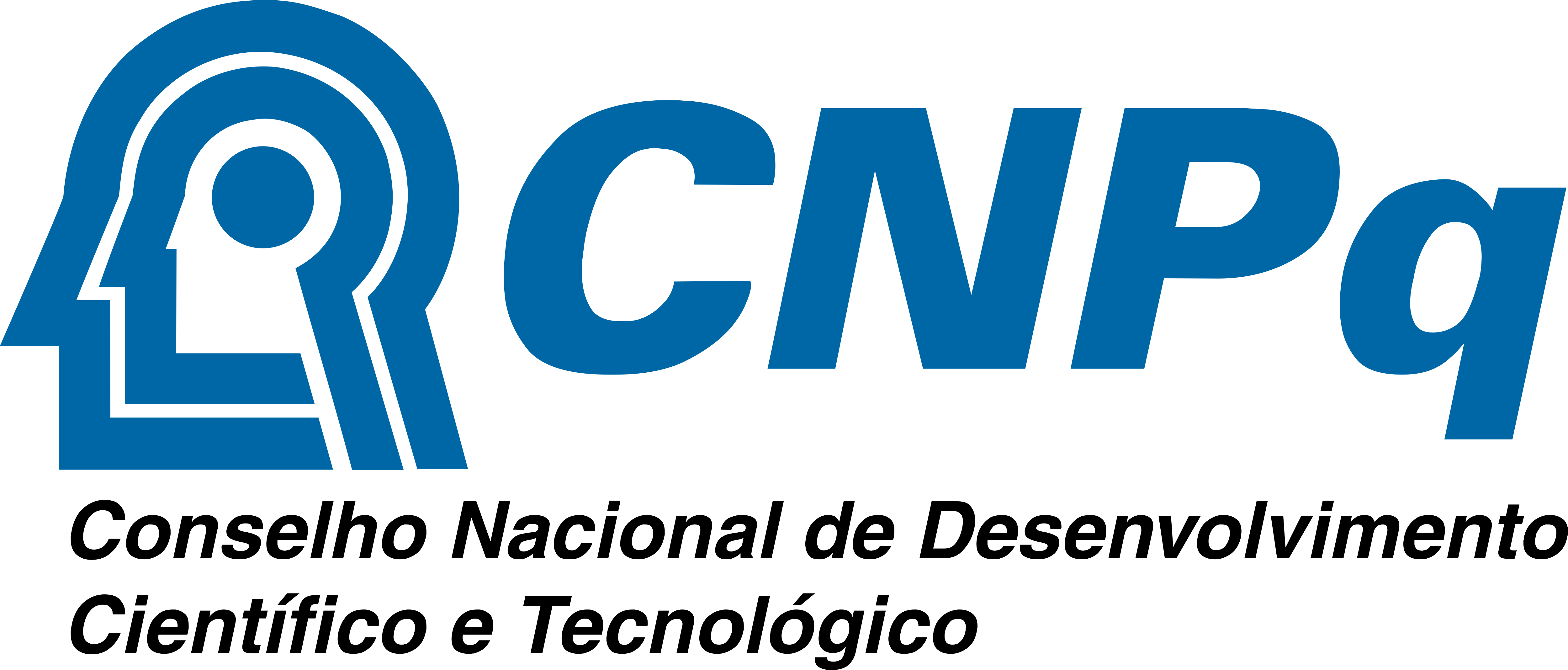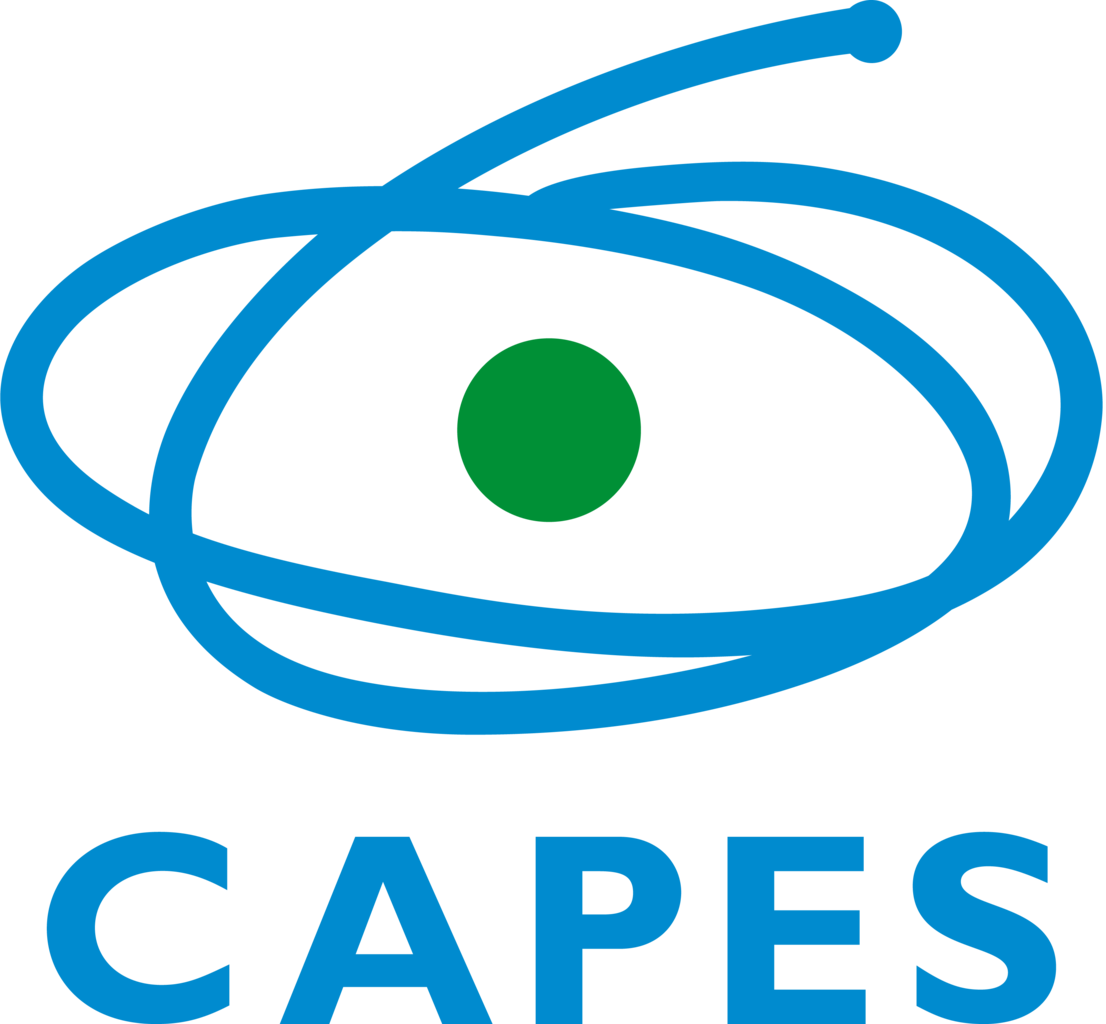Escolarização aberta com mapas de investigação na educação em rede: apoiando a pesquisa e inovação responsáveis (RRI) e a diversão na aprendizagem
Palavras-chave:
Escolarização aberta, Mapas de investigação, Pesquisa e inovação responsáveis, Educação em rede. Diversão e aprendizagemResumo
Este artigo discute a Escolarização Aberta que é uma abordagem promovida pela Comissão Europeia para preparar os estudantes em cooperação com parceiros para desenvolver projetos sobre questões do mundo real e construir juntos um futuro desejável. Essa abordagem foi projetada para envolver todos os participantes na RRI - Pesquisa e Inovação Responsáveis (EC, 2015). O objetivo da RRI é alinhar pesquisa e inovação com as necessidades da sociedade e com os objetivos de desenvolvimento sustentável (UNESCO, 2015) por meio da interação de pesquisadores com cidadãos. A Escolarização Aberta para a RRI é considerada uma abordagem interativa para ajudar os jovens a desenvolver conhecimentos, habilidades, atitudes e valores para o século 21. Este estudo apresenta algumas contribuições quanto ao uso de mapas de investigação (OKADA, 2006) como método participativo de pesquisa-ação para envolver múltiplos parceiros em uma rede aberta. Este estudo exploratório, apoiado por um conjunto de exemplos da literatura, fornece recomendações para o desenvolvimento de mapas de investigação para projetos de Escolarização Aberta em rede e facilita a diversão na aprendizagem.
Downloads
Referências
ARCHER, Louise et al. “Science capital”: A conceptual, methodological, and empirical argument for extending bourdieusian notions of capital beyond the arts. Journal of Research in Science Teaching, v. 52, n. 7, p. 922-948, 2015.
BAKER, M. Computer-mediated argumentative interactions for the co elaboration of scientific notions. In: ANDRIESSEN, J.; BAKER, M.; SUTHERS, S. (Eds.). Arguing to Learn: Confronting Cognitions in Computer-Supported Collaborative Learning environments. Netherlands: Kluwer Academic Publishers. 2003.
BLAXTER, L.; HUGHES, C.; TIGHT, M. How to Research, 2nd Edit. Buckingham: Open University Press. 2001.
BRYDON, D. Globalization and higher education: Working toward cognitive justice. In: Valences of Interdisciplinarity: Theory, Practice, Pedagogy, edited by Raphael Foshay, 97-120. Athabasca, AB: Athabasca University Press, 2011.
BUZAN, T. The Mind Map Book: Radiant Thinking - The Major Evolution in Human Thought. London: BBC Publications, 1993.
BUCKINGHAM SHUM, S.; OKADA, A. Knowledge cartography for controversies: the Iraq debate. In: Knowledge Cartography. Springer, London, 2014. p. 293-308.
CASTELLS, M. A sociedade em rede: volume 1. São Paulo: Paz e Terra, 2010.
CHEN, C.; CZERWINSKI, M.. Spatial ability and visual navigation: An empirical study. New Review of Hypermedia and Multimedia, v. 3, n. 1, p. 67-89, 1997.
CONKLIN, J. Dialogue mapping: Building shared understanding of wicked problems. John Wiley, 2005.
COOK, L. K.; MAYER, R. E. Teaching readers about the structure of scientific text. Journal of Educational Psychology, v. 80, n. 4, p. 448, 1988.
EC - EUROPEAN COMMISSION. HORIZON 2020 Work Programme 2014 – 2015: Science with and for Society. European Commission Decision C. 2015. Disponível em: <https://ec.europa.eu/programmes/horizon2020/en/h2020-section/responsible-research-innovation>. Acesso em: 18 de outubro de 2019.
EDELSON, D. C. Learning-for-use: A framework for integrating content and process learning in the design of inquiry activities. Journal of Research in Science Teaching, v. 38, n. 3, p. 355-385, 2001.
FERGUSON, J. M. Networks, Globalization, and World Bank Education Strategies. New Proposals: Journal of Marxism and Interdisciplinary Inquiry, v. 10, n. 1, p. 5-15, 2019.
FREIRE, Paulo. Educação como prática da liberdade. Editora Paz e Terra, 1967.
GELDER, T. Argument mapping with reason! able. The American philosophical association newsletter on philosophy and computers, v. 2, n. 1, p. 85-90, 2002.
HMELO-SILVER, C. E.; DUNCAN, R. G.; CHINN, C. A. Scaffolding and achievement in problem-based and inquiry learning: a response to Kirschner, Sweller, and Clarck. Educational psychologist, v. 42, n. 2, p. 99-107, 2007.
HOLST, J. Globalization and the future of critical adult education. In: Global issues and adult education: Perspectives from Latin America, Southern Africa, and the United States, p. 41-52, 2006.
JONASSEN, D. H. Computers as mindtools for schools: Engaging critical thinking. Prentice hall, 2000.
LLEWELLYN, D. Teaching high school science through inquiry: A case study approach. Corwin Press, 2005.
MAYER, R. E. Learning and instruction. Prentice Hall, 2003.
MC TIGHE, J. Graphic organizers: Collaborative links to better thinking. Enhancing thinking through cooperative learning, p. 182-197, 1992.
NOVAK, J. D. Learning, creating, and using knowledge: Concept maps as facilitative tools in schools and corporations. Mahvah: Lawrence Erlbaum Associates, 1998.
OKADA, A. The collective building of knowledge in collaborative learning environments. In: Computer-supported collaborative learning in higher education. IGI Global, 2005. p. 70-99.
OKADA, A. Cartografia Investigativa: Interfaces epistemológicas comunicacionais para mapear conhecimento em projetos de pesquisa. Tese de Doutorado. Programa de Pós-Graduação em Educação: Currículo. Pontifícia Universidade Católica de São Paulo São Paulo, 2006.
OKADA, A. (ed.). Cartografia Cognitiva: Mapas de conhecimento para pesquisa, educação e ensino. CoLearn, 1 (1). Brasil: KCM. 2008.
OKADA, A. Eliciting Thinking Skills with Inquiry Maps in CLE. In: TORRES, P. L.; MARRIOTT, R.C.V. (org). Handbook of Research on Collaborative Learning Using Concept Mapping. IGI Global, 2010.
OKADA, A. Scaffolding school students’ scientific argumentation in inquiry-based learning with evidence maps. In: OKADA, A.; BUCKINGHAM SHUM, S. J.; SHERBORNE, T. (eds). Knowledge Cartography: Software Tools and Mapping Techniques. Advanced Information and Knowledge Processing. Springer, London, 2014.
OKADA, A. Deep fun for deeper learning. Proceedings of ASE International Conference January 2020 UK Readings. 2020.
OKADA, A.; BUCKINGHAM SHUM, S. SHERBORNE, T. Knowledge Cartography:
Software tools and mapping techniques. Advanced Information and Knowledge Processing, 1. London, UK: Springer, 2008.
OKADA, A.; CONNOLLY, T. Designing open educational resources through knowledge maps to enhance meaningful learning. International Journal of Learning Technology, v. 15, n. 7, p. 209-220, 2008.
OKADA, A.; RODRIGUES, E. A educação aberta com ciência aberta e escolarização aberta para pesquisa e inovação responsáveis. In: TEIXEIRA, C.; SOUZA, M. V. Educação Fora da Caixa: tendências internacionais e perspectivas sobre a inovação na educação. (v. 4). São Paulo: Blucher, 2018.
OKADA, A.; SHERBORNE, T. Equipping the Next Generation for Responsible Research and Innovation with Open Educational Resources, Open Courses, Open Communities and Open Schooling: An Impact Case Study in Brazil. Journal of Interactive Media in Education, v. 1, n. 18, p. 1-15, 2018.
OKADA, A.; ZEILIGER, R. The building of knowledge through virtual maps in collaborative learning environments. In: EdMedia+ Innovate Learning. Association for the Advancement of Computing in Education (AACE), 2003. p. 1625-1628.
RAMOS, A. L. M.; KORB, T.; OKADA, A. Immersive Analytics Through HoloSENAI MOTOR Mixed Reality App. In: Intelligent Computing-Proceedings of the Computing Conference. Springer, Cham, 2019. p. 1259-1268.
ROCHA, A. K. L. T.; ROCHA, A. B. L.T.; OKADA, A. Rubric to assess evidence-based dialogue of socio-scientific issues with LiteMap. In: Technology Enhanced Assessment: 20th International Conference, TEA 2017, Barcelona, Spain, October 5–6, 2017, Revised Selected Papers. Springer, 2018.
ROSA, L. Q. et al. Polo EaD como mídia do conhecimento na indústria 4.0. (2018). In: Congresso Internacional da ABED de Educação a Distância, Anais da ABED. Florianópolis - SC. 2018.
RYAN, C. Science Education for Responsible Citizenship. Report to The European Commission. 2015.
SOUZA, M. V. Mídias Digitais, Globalização, Redes e Cidadania no Brasil (2015). In: SOUZA, M. V.; Giglio, K. (Eds.). Mídias Digitais, Redes Sociais e Educação em Rede: Experiências na Pesquisa e Extensão Universitária. São Paulo: Blucher, 2015.
SUTHERS, D. D. Representational guidance for collaborative inquiry. In: Arguing to learn. Springer, Dordrecht, 2003. p. 27-46.
UNESCO. Educação para a cidadania global: preparando alunos para os desafios do século XXI. Brasília: Unesco, 2015.
VEERMAN, A. L. Constructive discussions through electronic dialogue. In: ANDRIESSEN, J.; BAKER, M.; SUTHERS, D.(Eds.). Arguing to learn. Springer, Dordrecht, 2003. p. 117-143.
WHYTE, W. F. Participatory action research. CA: Sage Publications. 1991.
Downloads
Publicado
Como Citar
Edição
Seção
Licença
Copyright (c) 2020 Revista Exitus

Este trabalho está licenciado sob uma licença Creative Commons Attribution-NonCommercial 4.0 International License.
Declaro que o trabalho apresentado é original, não tendo sido submetido à publicação em qualquer outro periódico nacional ou internacional, quer seja em parte ou em sua totalidade. Assim, concordo que os direitos autorais a ele referentes se tornem propriedade exclusiva da Editora da Revista Exitus, sendo vedada qualquer reprodução total ou parcial, em qualquer outra parte ou meio de divulgação impresso ou eletrônico, sem ser citada a fonte. Declaro, ainda, estar ciente de que a não observância deste compromisso submeterá o infrator a sanções e penas previstas na Lei de Proteção de Direitos Autorais (Nº 9.610, de 19/02/1998).










